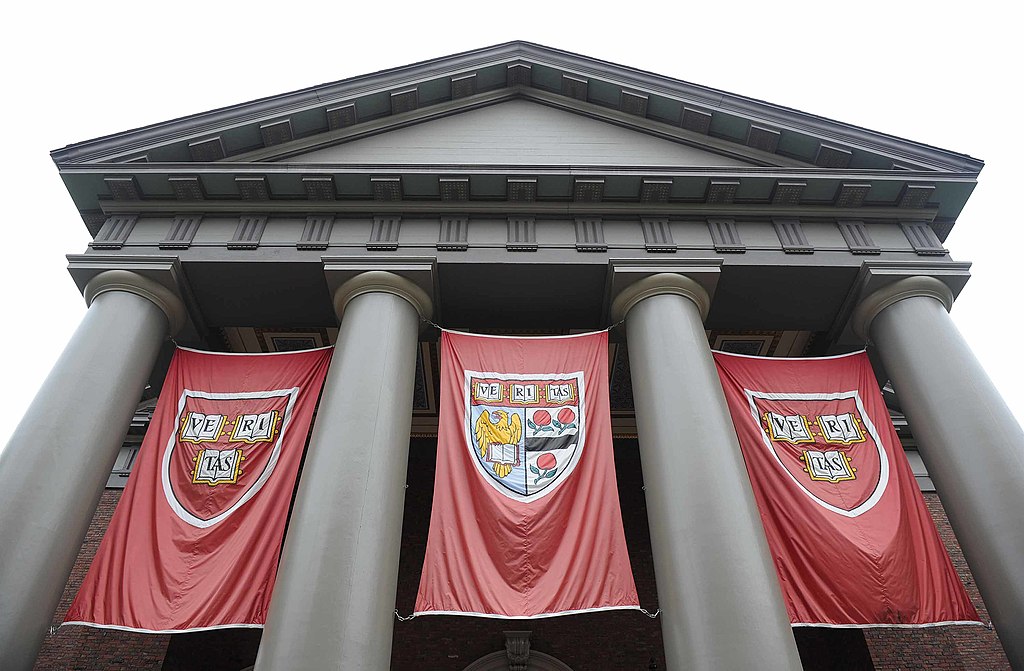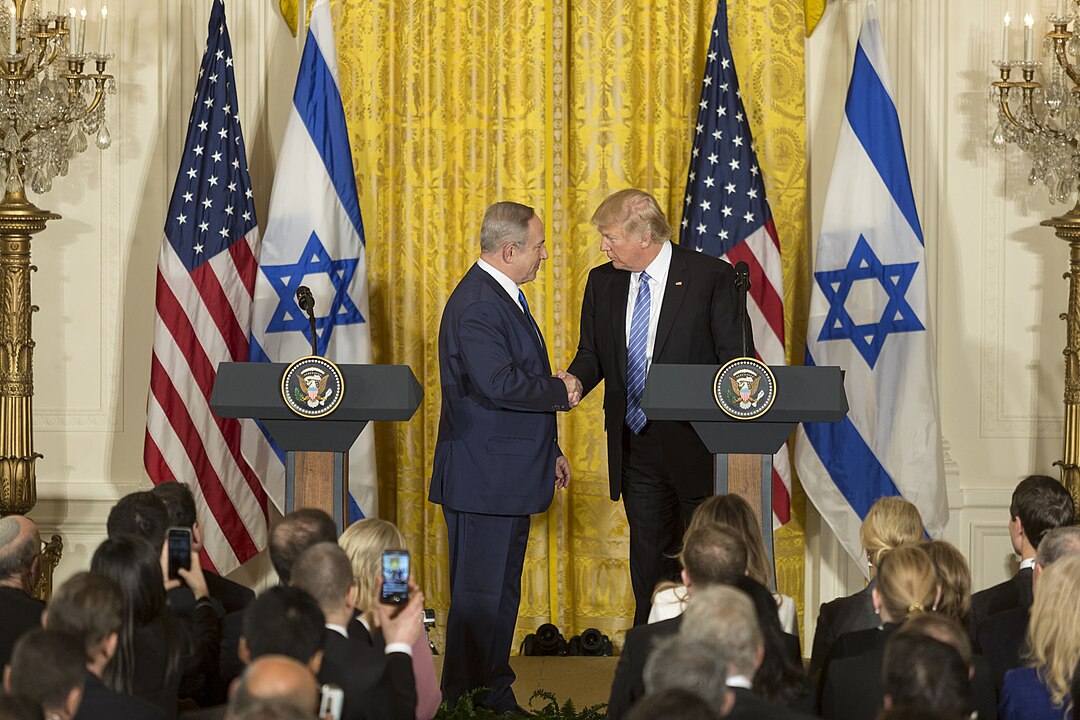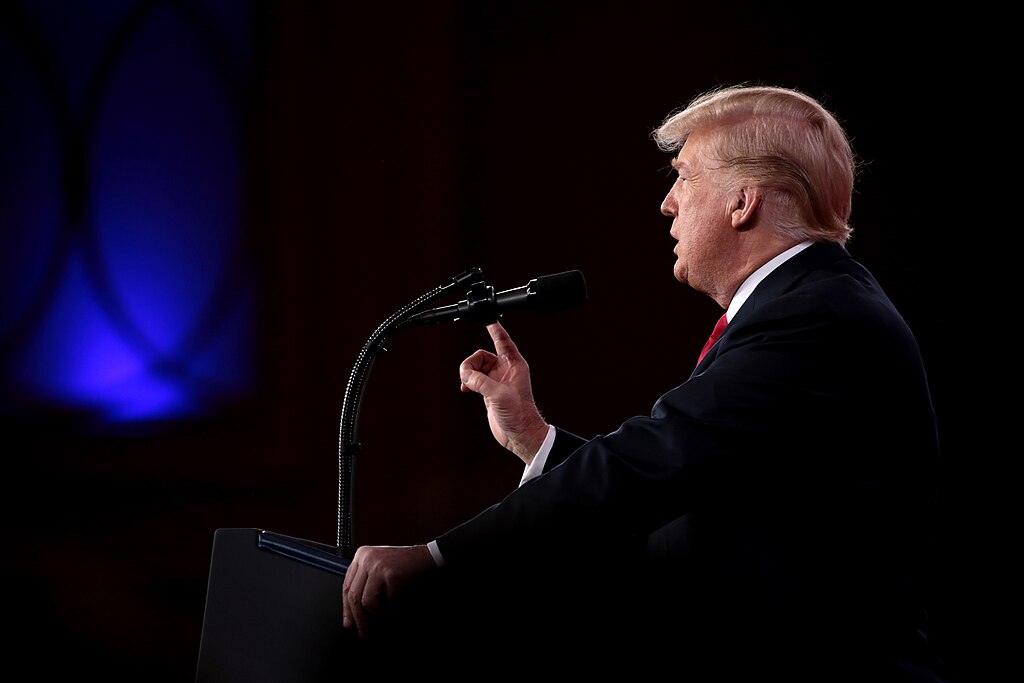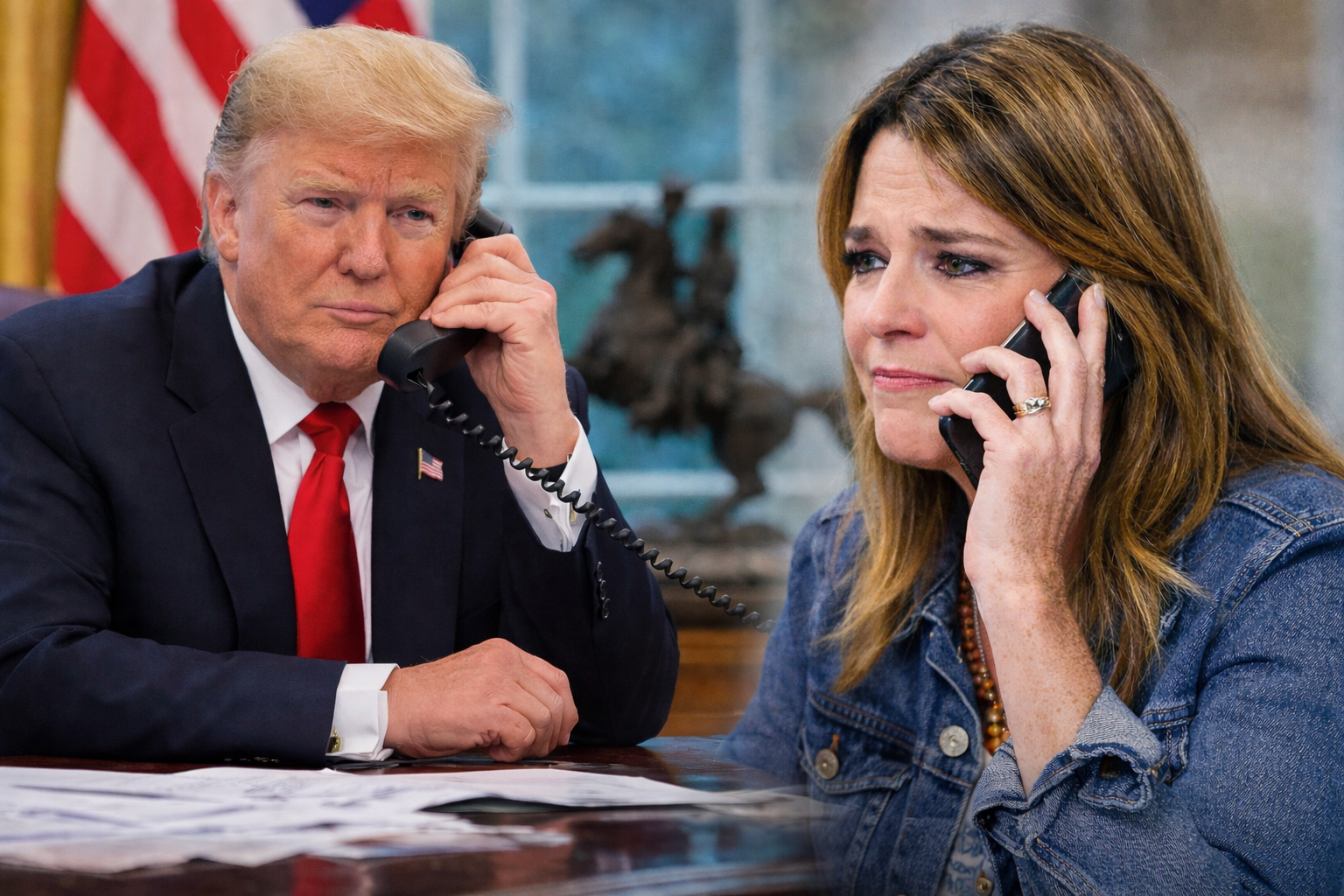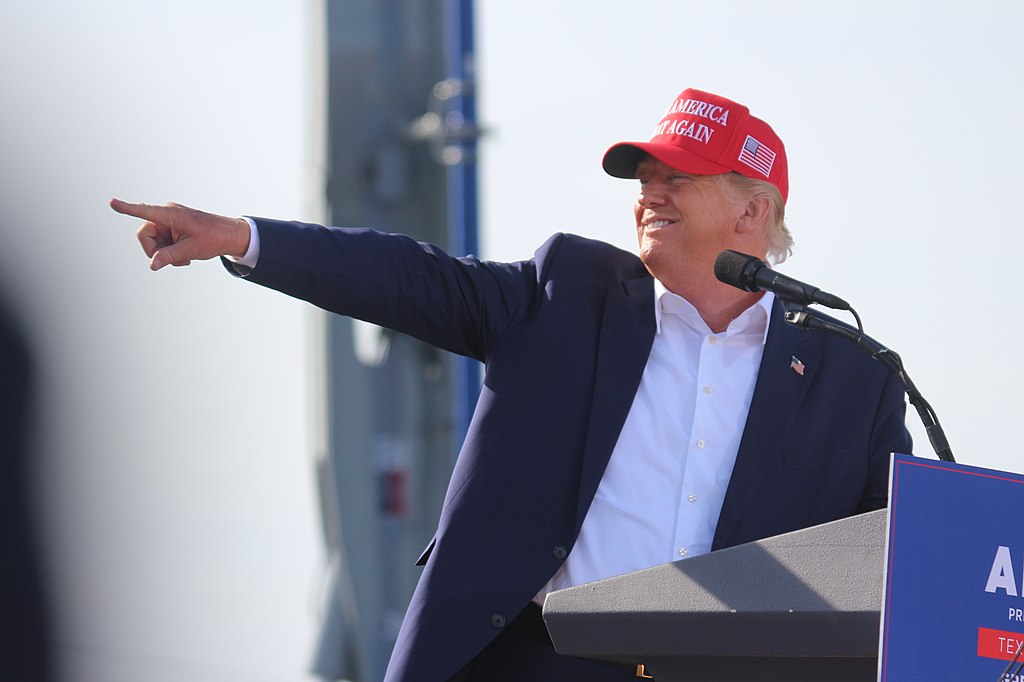President Donald Trump is putting elite American universities on notice, urging them to overhaul key aspects of their admissions and academic policies — including limiting foreign student enrollment, ending the use of diversity, equity, and inclusion (DEI) ideology, and focusing more on merit-based admissions.
In a sweeping reform proposal titled the “Compact for Academic Excellence in Higher Education,” the Trump administration is offering increased cooperation and support from the federal government in exchange for significant changes to top universities admittance priorities. Letters outlining the compact were delivered Wednesday evening to nine major universities, including MIT, Harvard, Brown, the University of Pennsylvania, the University of Texas, and USC, among others.
Key Proposals in the Compact
The White House’s higher education reform agenda focuses on shifting university priorities back toward academic rigor and American student access. The compact calls on schools to:
- Cap foreign student enrollment at 15%, with no single foreign country permitted to occupy more than 5% of total admissions.
- End identity politics and DEI-based hiring or admissions practices.
- Require SAT or ACT scores as part of admissions to restore academic standards.
- Recognize single-sex spaces, reaffirming biological sex-based distinctions in housing and athletics.
- Lower tuition costs for STEM students to encourage American participation in technical fields.
- Disclose all foreign funding sources to improve transparency and reduce undue international influence.
- Reject ideological activism in the classroom, focusing instead on scholarship and academic excellence.
The Trump administration argues that elite universities — many of which receive significant federal funding — have become increasingly inaccessible to qualified American students due to soaring international enrollment and politicized admissions practices.
“If you’re a family where I grew up — Wisconsin — and you’ve got a smart kid, and you think you’re going to get them into a top university in this country… there is no chance,” tech investor Marc Andreessen said in July, criticizing elite schools for prioritizing foreign students and ideological trends over American merit.
Growing Push to Reclaim Higher Ed
According to the White House, many elite institutions now grant up to 25–30% of admissions slots to foreign students, many of whom stay in the United States through the Optional Practical Training (OPT) program, which allows them to work for years post-graduation without formally immigrating.
In 2024 alone, the Biden administration granted over 400,000 work permits to foreign students and recent graduates under OPT, according to DHS figures. Critics say this creates unfair competition for American graduates and encourages universities to prioritize high-paying foreign enrollments over serving domestic students.
“These are universities that have huge amounts of federal funding and are supposed to serve American students,” said White House official May Mailman, who is overseeing the initiative. “Instead, they’ve taken on — I think Columbia’s numbers were close to 40%. Harvard’s are around 30% foreign students.”
Mailman added that while foreign students themselves are not the issue, the balance of opportunity has shifted too far away from Americans.
“It’s about: what are the opportunities remaining for American students?” she said.
Universities Under Pressure
While the administration has not made the compact mandatory, officials suggest that continued access to federal resources could be contingent on universities taking steps toward reform. The policy appears to be part of a broader campaign to reassert federal influence over higher education policy — particularly at institutions with billion-dollar endowments and extensive ties to federal research grants.
So far, the targeted universities have either declined to comment or have not responded to media inquiries.
But signs of movement are already emerging. According to Bloomberg, several universities are modifying their policies:
- University of Pennsylvania agreed to adjust its rules regarding transgender athletes.
- Columbia University settled over $200 million in complaints involving hiring discrimination and antisemitism.
- Brown University pledged $50 million for local workforce development, redirecting funds toward community impact.
DHS Eyes OPT Reform
In a parallel move, the Department of Homeland Security is proposing a four-year cap on student visas, hoping to limit the pool of foreign graduates eligible for extended work under OPT. If enacted, the rule would significantly reduce the number of international students staying in the U.S. workforce — a policy long criticized by advocates for American graduates and tech workers.
What Comes Next?
The Trump administration has signaled that if universities don’t engage voluntarily, further action could follow — possibly including funding restrictions, visa reforms, or even legal challenges.
“We hope all universities ultimately are able to have a conversation with us,” Mailman said. “These are not hard decisions. But they are hard to go at alone.”
The administration’s proposal could mark the beginning of a broader reshaping of American higher education — one that places domestic students and academic rigor front and center.
